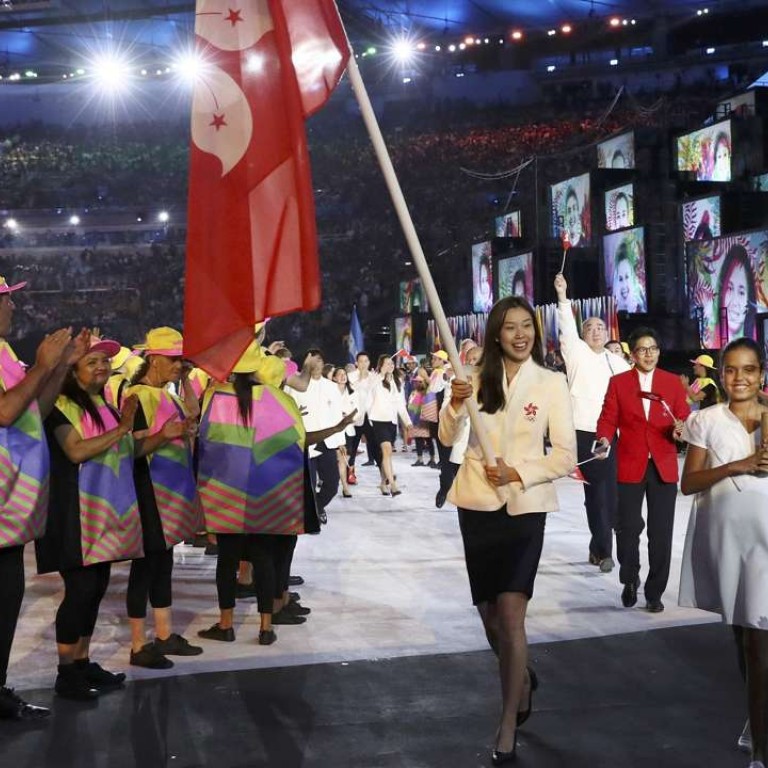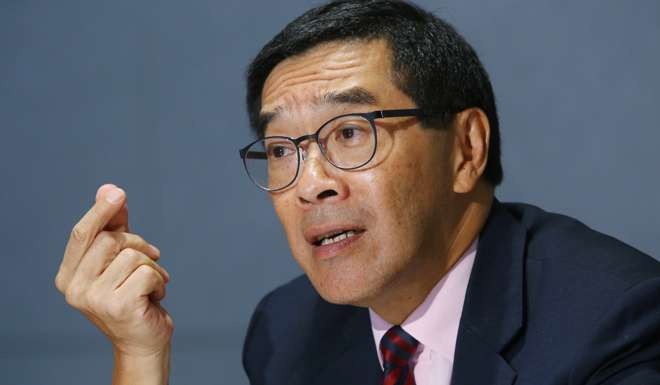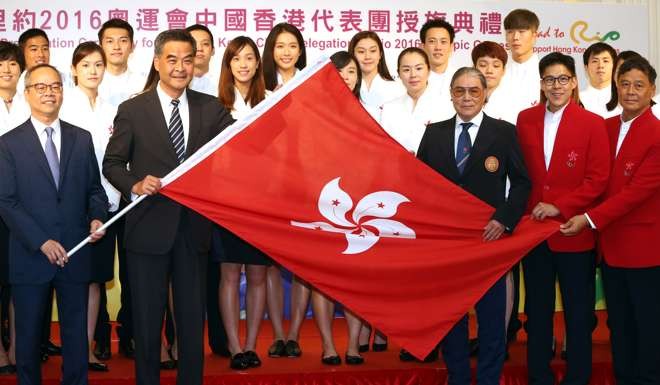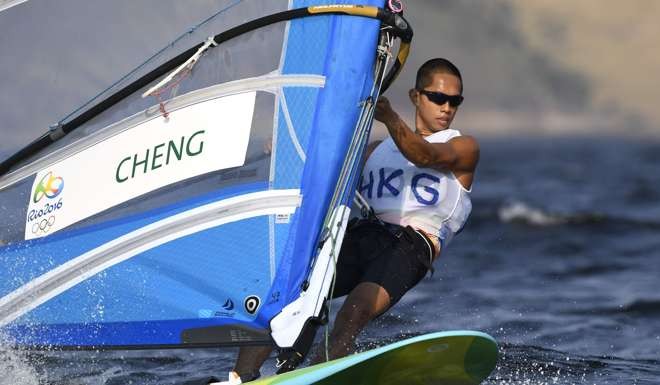
Long-term funding urged to deliver Olympic success for Hong Kong elite athletes
After disappointing return from Rio Games, Sports Institute chairman Carlson Tong says income boost is vital if local sporting stars are to challenge for medals at 2020 Tokyo Olympics
Faced with uncertain returns from a special athletes fund, the Hong Kong Sports Institute will seek guaranteed long-term government funding for its growing band of elite athletes as it puts a disappointing Rio de Janeiro Olympic Games behind it.
The chairman of the elite training centre, Carlson Tong Ka-shing, said on Thursday that a reliable source of income was pivotal if Hong Kong athletes were to challenge for medals in Tokyo in 2020.
About 90 per cent of the institute’s income for the financial year ending March 31, 2015, came from the returns from the government’s HK$7 billion Elite Athletes Development Fund (EADF).
But the rate of return has almost halved since the fund was set up in 2011 when a six per cent return was expected to support sports development.

“When the fund was first established, we were supporting 13 tier A sports, but now we have 17 under our programmes,” said Tong, who is also chairman of the Securities and Futures Commission.
“The return of the fund is now at an average of 3.5 per cent, and if there is no improvement, we may face problems as the support for elite sports grows, especially those who are challenging for medals at the Olympic Games.
World class: Hong Kong’s best can cut it in the Olympics, but there are too few of them
“We are highly appreciative of the government providing us with the financial support through the fund, but we also need to address the long-term situation.”
The Sports Institute did not release figures on the expenses of individual 17 tier A sports, only a total expenditure of HK$434.7 million, of which HK$330m was spent on its elite training system.
The figure for year ending March 31, 2016, is still under audit, according to chief executive Trisha Leahy, but it is expected to be similar to the previous financial year.

Of the 17 tier A sports, cycling, badminton, table tennis and windsurfing had been identified as medal hopes for Rio.
Although none delivered, they accounted for the biggest investment, with cycling topping the table with an estimated HK$20m a year.
Great Britain, which won six golds in track cycling in Rio out of a possible 10, has a budget of £30.27m (HK$310m)for the period of the Olympic cycle from 2013 to 2017, while rowing tops the chart with £32.62m for four years.
Great British blueprint continues to deliver success and Olympic Games medals after remarkable turnaround
“It’s money that matters for the Olympic Games,” said Tong. “It just shows how it works at the elite level.”
He said it was important to have a greater breadth and depth of athletes to get results at the Olympics.
“We now have more full-time athletes than before with 300, but our target is to reach 500,” he said.

“We need a bigger pool from junior level to elite so we can expand the number of the 38-member squad to Rio in future.
“We are well on the way – it’s an ongoing development and there are no short cuts on the pathway to Olympic medals.
Will I get married? Maybe, but it won’t stop me from competing at the next Olympics in Tokyo, says Sarah Lee
“Talent, coaching, competitions, scientific and medical support, community support and consistent full-time training facilitated by government funding are all important factors.”
Tong sympathised with cyclist Sarah Lee Wai-sze for failing to return with a medal in the women’s keirin, the event where she won a bronze medal at the London Games.
“Personally I am proud of the performance of each and every one of our athletes,” he said.

“But I would not be telling the truth if I do not admit I am sad our team did not manage to bring home a medal, especially for Lee. But all of us should be proud of how she behaved after the event.
“Our athletes make tremendous personal sacrifice to train for the Olympic Games and hopefully they will set a good example for our young people.
“I hope more of them will be inspired to become full-time elite athletes so as to represent Hong Kong in world competitions.”

In 2012, Hong Kong returned from London with five top-eight finishes and nine finishes in the ninth to 16th places and four years later in Rio, there were also five top eight finishes but 14 results in the ninth to 16th range.

The success of these young athletes at the 2016 Games, according to Tong, bodes well for 2020 Tokyo.
“We have already started preparing for Tokyo and signed an exchange agreement with the Japan Sport Council in Rio two weeks ago,” said Tong.
“The agreement will provide benefits in areas such as training, scientific and medical exchanges as we start again to find that micro level improvement that makes the difference between a podium and non-podium finish.
“The institute is also undergoing its post Olympic review to identify areas for improvement and ensure that adjustments are implemented in the right areas and the right time.”

